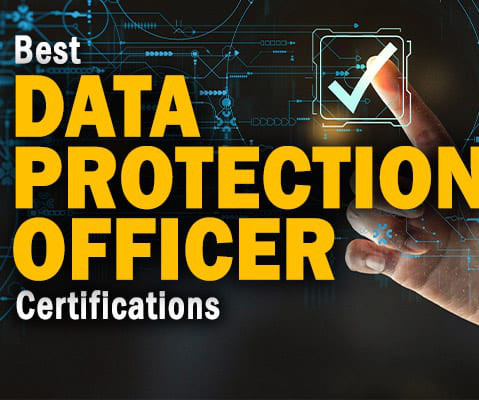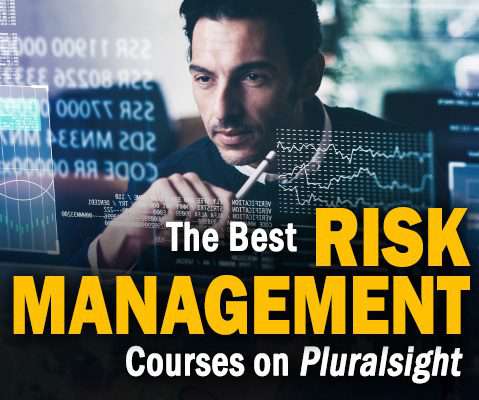The 7 Best Data Protection Officer Certifications Online for 2023
Solutions Review
APRIL 19, 2023
In this program, you will learn how to evaluate, maintain, and monitor the security of computer systems. These are the basic principles and properties a security engineer will apply when evaluating, prioritizing, and communicating security topics. You will also learn about strategies for risk evaluation, security review, and audit.











Let's personalize your content